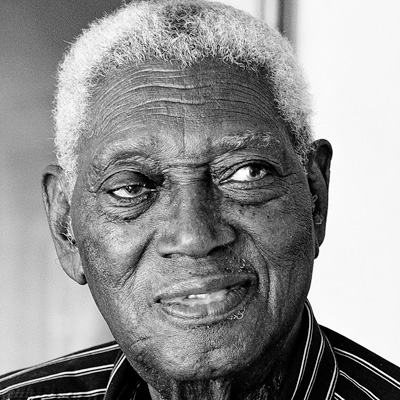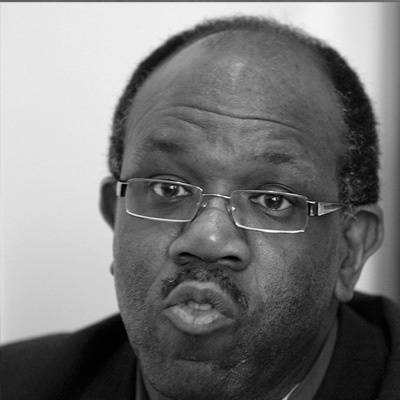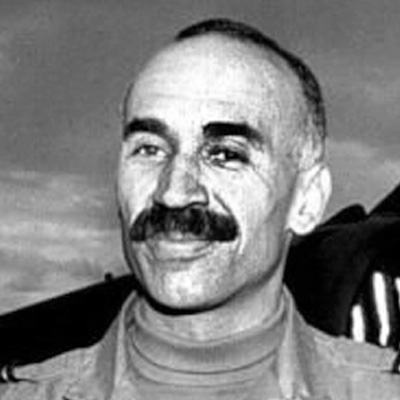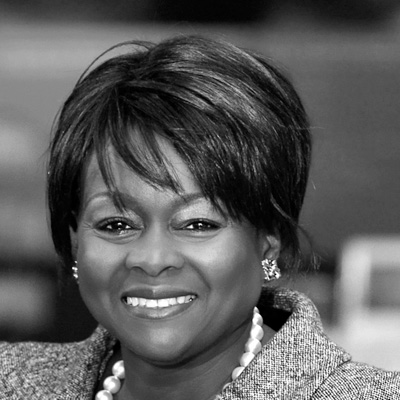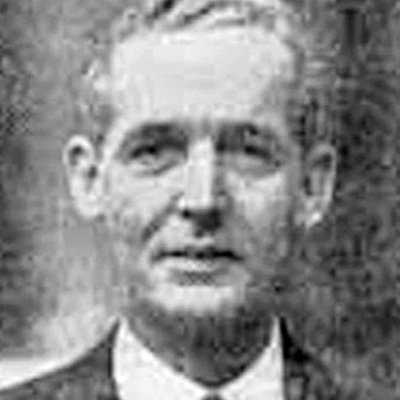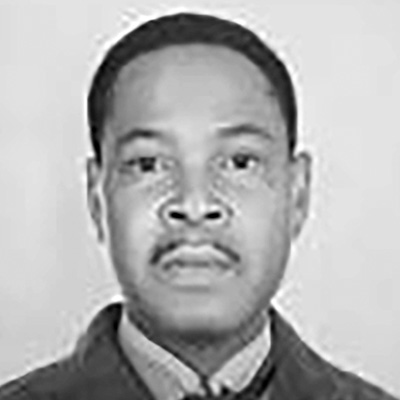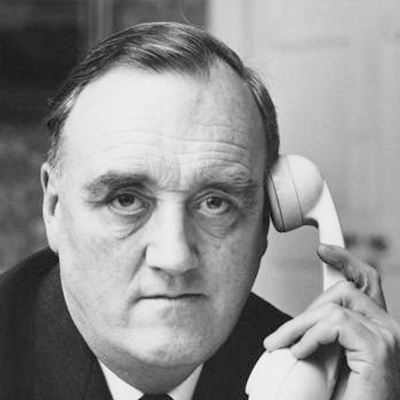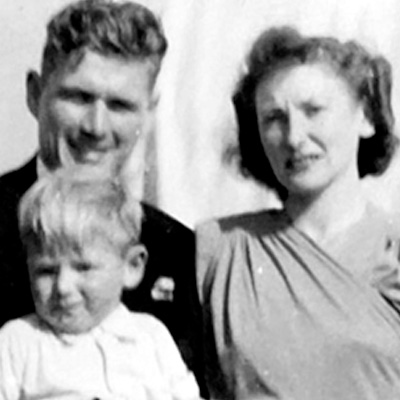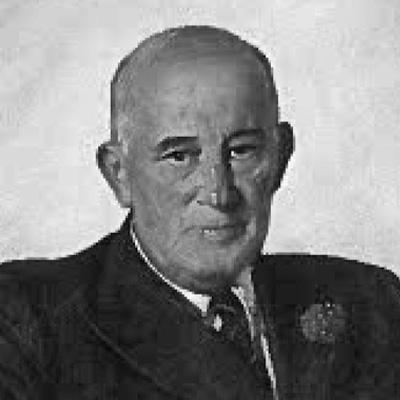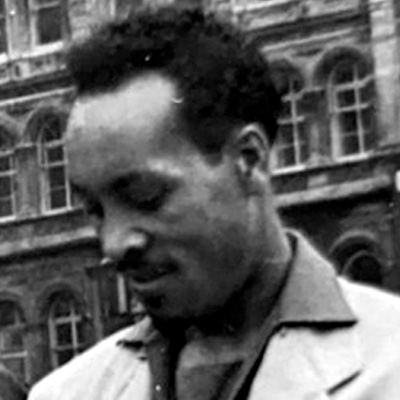Donald Clarke
PIONEERS
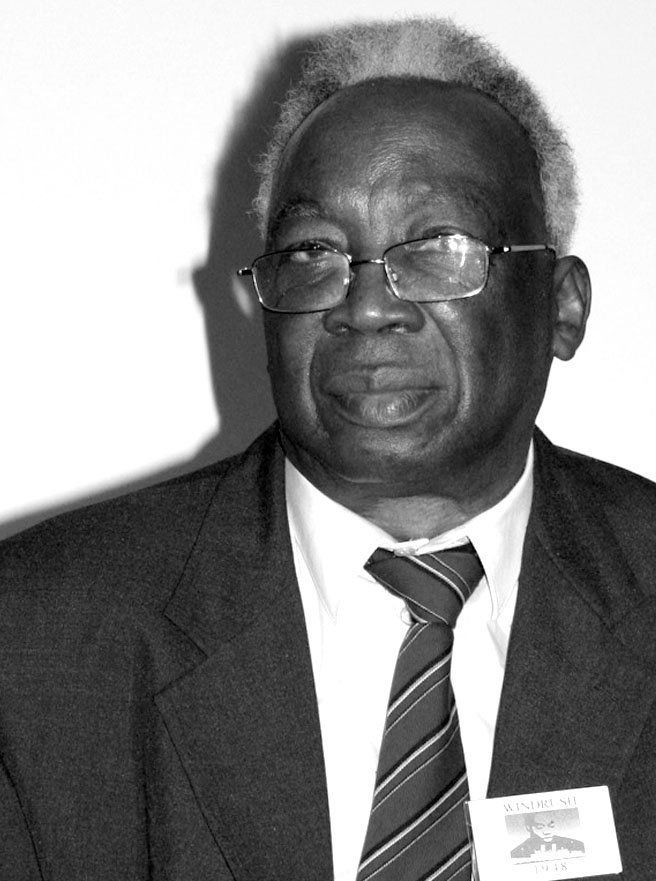
‘It was second time around for RAF man’
1920 - 2019
Share this:
When Donald Clarke boarded the Empire Windrush he was a serving member of the RAF and returning to England, where his new posting would be RAF Benson in Oxfordshire. He had been on leave in British Guiana, having left Liverpool on the SS Cavina a few months earlier on February 5, 1948. He had been serving at RAF Burtonwood in Cheshire immediately prior to his departure. This time around, the first leg of his journey to England was from Georgetown to Port of Spain in Trinidad, a distance of about 348 miles, where the Empire Windrush was waiting to pick up passengers.
Born in British Guiana, present-day Guyana, on March 18, 1920, Donald Theobald Clarke enlisted into the RAF in Barbados at the height of the Second World War in March 1944. He was part of the first contingent of West Indian volunteers and was posted to RAF Hunmanby Moor near Filey, Yorkshire, for training. He later worked mainly on aircraft, repairing and spray painting them. He also repaired dinghies and parachutes.
When the war ended, he signed up for another 12 years’ service knowing he would learn a trade while with the RAF. Romance also beckoned and in 1949 he married Londoner Doris Haslett, living with Doris’ family for a while in Alton House, Tower Hamlets. Eager to have a home of their own, Donald and Doris were delighted when a friend of Doris found them a place to rent. It was above a dilapidated fish shop but they renovated it using their own savings.
Donald later bought himself out of the RAF because he needed to be at home to protect his family and property from racist troublemakers. He eventually found employment with the Royal Mail, where he remained until his retirement.
Donald and Doris attended From War to Windrush, an exhibition at the Imperial War Museum in 2008 marking the West Indian contribution to the war. Doris was interviewed by the ‘Socialist Worker’ and told the reporter that she was stunned by the levels of hostility and racism West Indians faced after the war. She added: “It was very hard for me as most of my family were opposed to our marriage. In the end, we remained friends with those who accepted Donald, and just ignored those who had a problem.”
Doris was still angry that the country that owed so much to the sacrifice of Black servicemen could turn against them. “We were young at the time, and felt it was two of us against the world,” she said. They lived at their home in Upminster Road North, Rainham, Essex. She died in 2019, Donald passed away before 2019; date not known.

Donald Clarke | George Mason | Sam King | Allan Wilmot © Getty Image
Share this:

